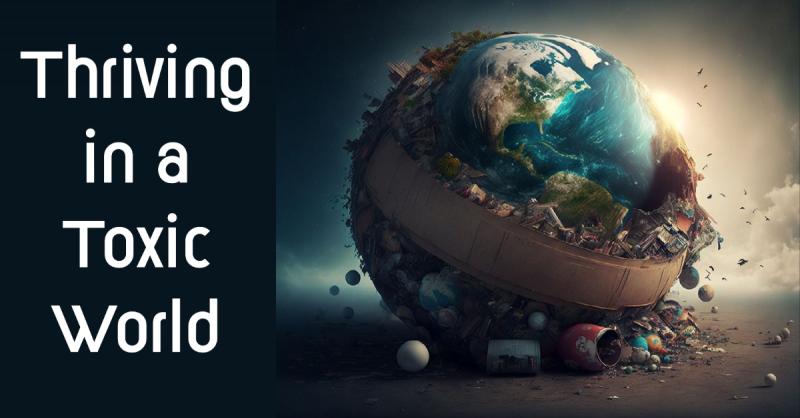
Recently a major chemical spill in Ohio made national headlines. However, incidents where toxic chemicals are accidentally released into the environment are far more common than most people realize. In a study published on the CDC website in 2015, a survey of just nine states over a ten-year period from 1999 to 2008 found a total of 57,975 incidents involving “acute chemical incidents.”
This is just one aspect of the growing concern over worldwide chemical pollution. There are currently over 350,000 chemicals registered for use in industry, agriculture, and medicine, with only a small fraction of them having been adequately tested for safety. While we do enjoy many benefits from the wonderful discoveries of modern chemistry, the growing use of these chemicals is causing increasingly detrimental effects on the health of plants, animals, and human beings.
These chemicals began affecting the rising generation before they were born. One study found an average of 287 toxic chemicals in the umbilical cords of newborn infants. Many of these chemicals are known to be persistent organic pollutants (POPs) which means they don’t readily break down in the environment and accumulate over time.
It is likely that many of the health problems people are facing in modern society are the result of their exposure to multiple chemical compounds that accumulate in tissues and disrupt their functions. This raises the question, “What can we do to protect ourselves?”
That’s what we’ll be discussing in this month’s Sunshine Sharing Hour. We’ll talk about the growing problem of chemical pollution and what you can do to reduce your exposure to toxic chemicals, protect your health, and detoxify your body.
Become a Member to Watch Thriving in a Toxic World
Steven Horne's member program includes monthly training in natural healing techniques using herbs, nutrition, dietary supplements and lifestyle changes as well as emotional healing and other holistic techniques through our webinars, including Thriving in a Toxic World.
Steven has helped thousands of people succeed with herbs and natural healing. Sign up today and gain access to his powerful, practical insights to improve your health using herbs and natural healing and to help others do the same.
Steven Horne's Member Program Benefit
Thriving in a Toxic World is part of Steven Horne's Strategic Herbalist Member program.
If you are a member or have already purchased Thriving in a Toxic World please log in.
Conditions
- Chemical Poisoning
- Environmental Pollution
Sunshine Sharing - Vol. 34 #5
How to Protect Your Health from Increasing Levels of Environmental Pollution
- Thriving in a Toxic World
- Reducing Chemical Exposure
- Nourish Detoxification Systems
- Enhance Your Body’s Detoxification Pathways
Read this issue of Sunshine Sharing
-
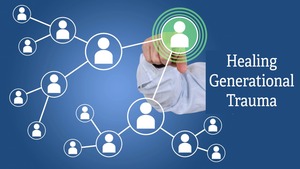
Healing Generational Trauma February 2026 -
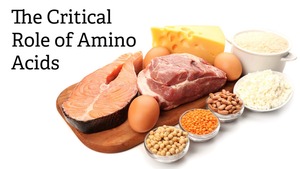
The Critical Role of Amino Acids February 24, 2026 6:00 pm MT -

Mind-Body Connections Revealed Through Iridology March 10, 2026 6:00 pm MT -
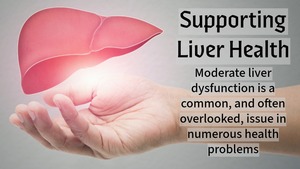
Supporting Hepatic Health March 31, 2026 6:30 pm MT -
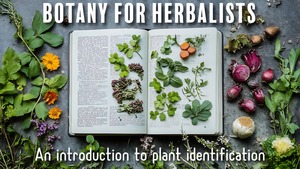
Botany for Herbalists April 21, 2026 6:00 pm MT -
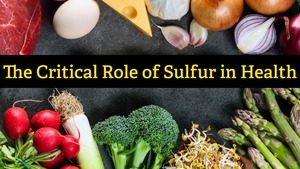
The Critical Role of Sulfur in Health April 28, 2026 6:00 pm MT





